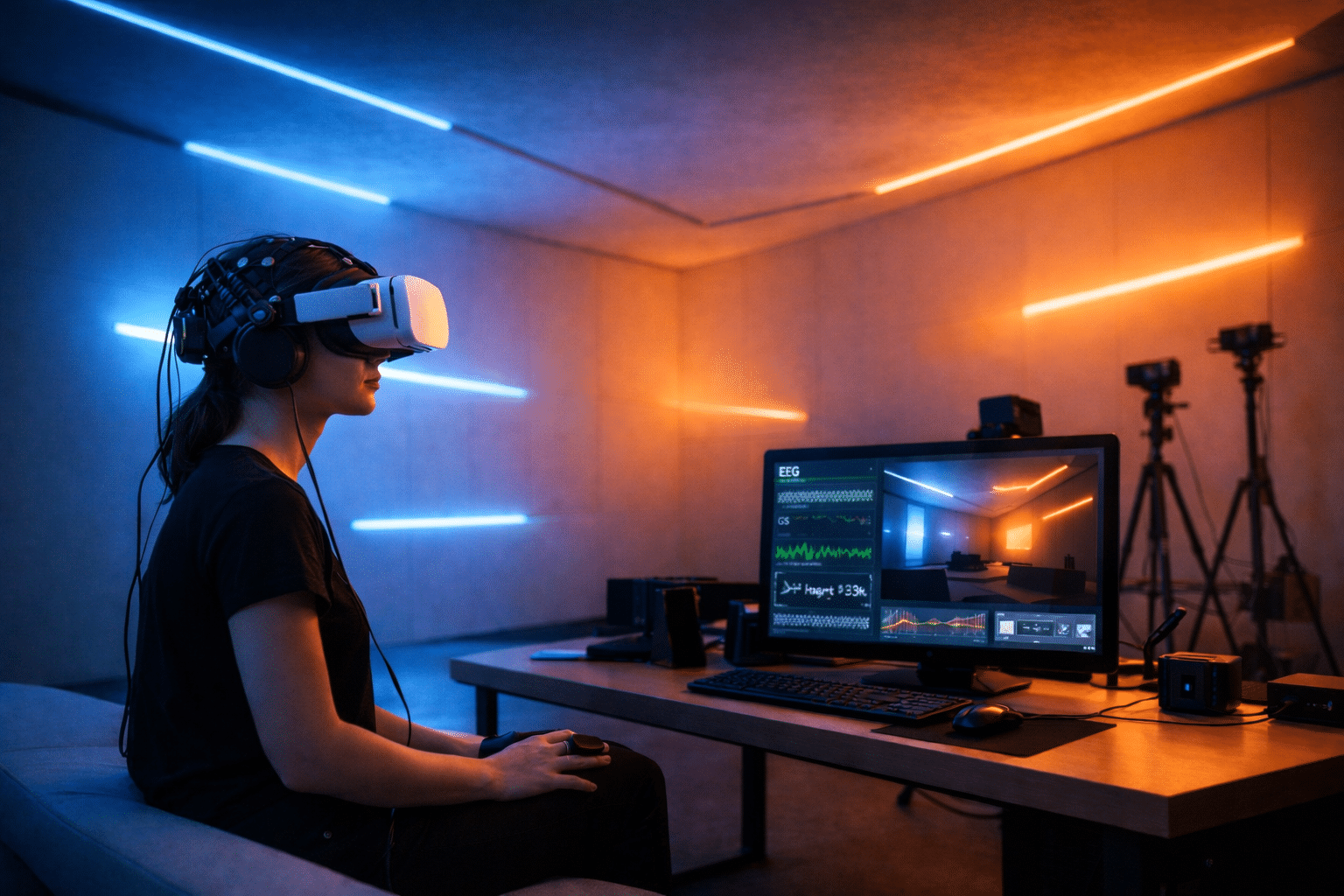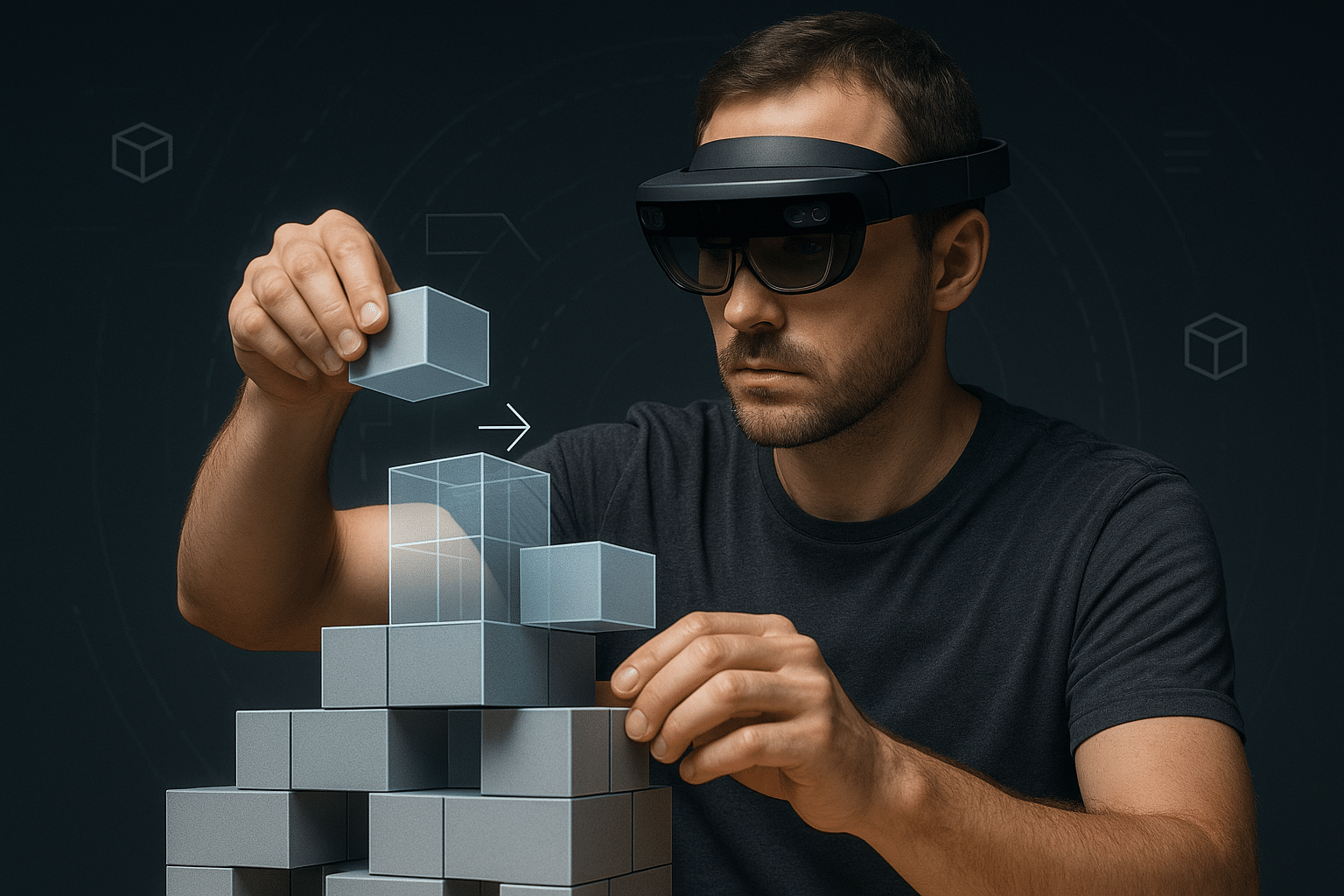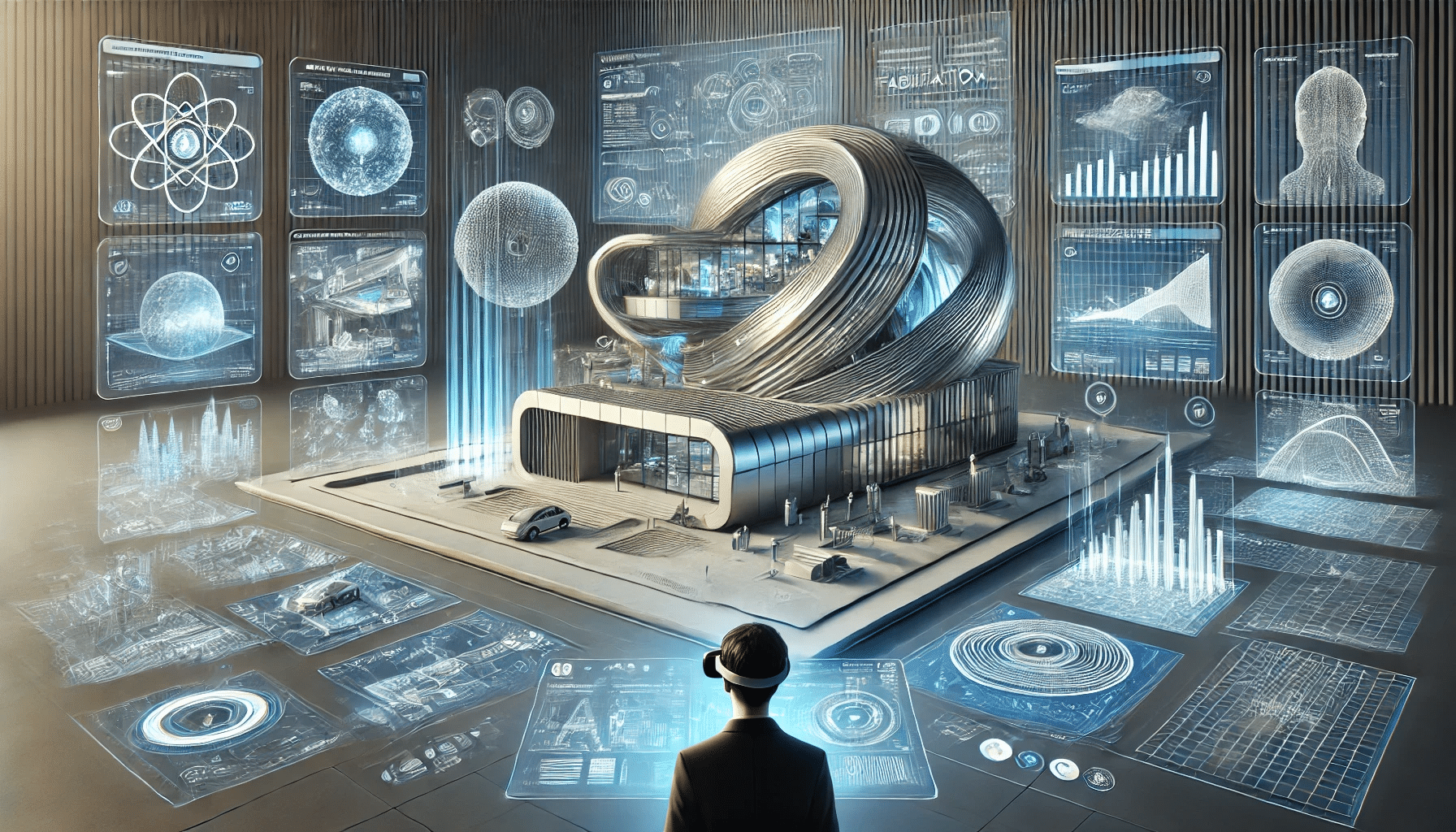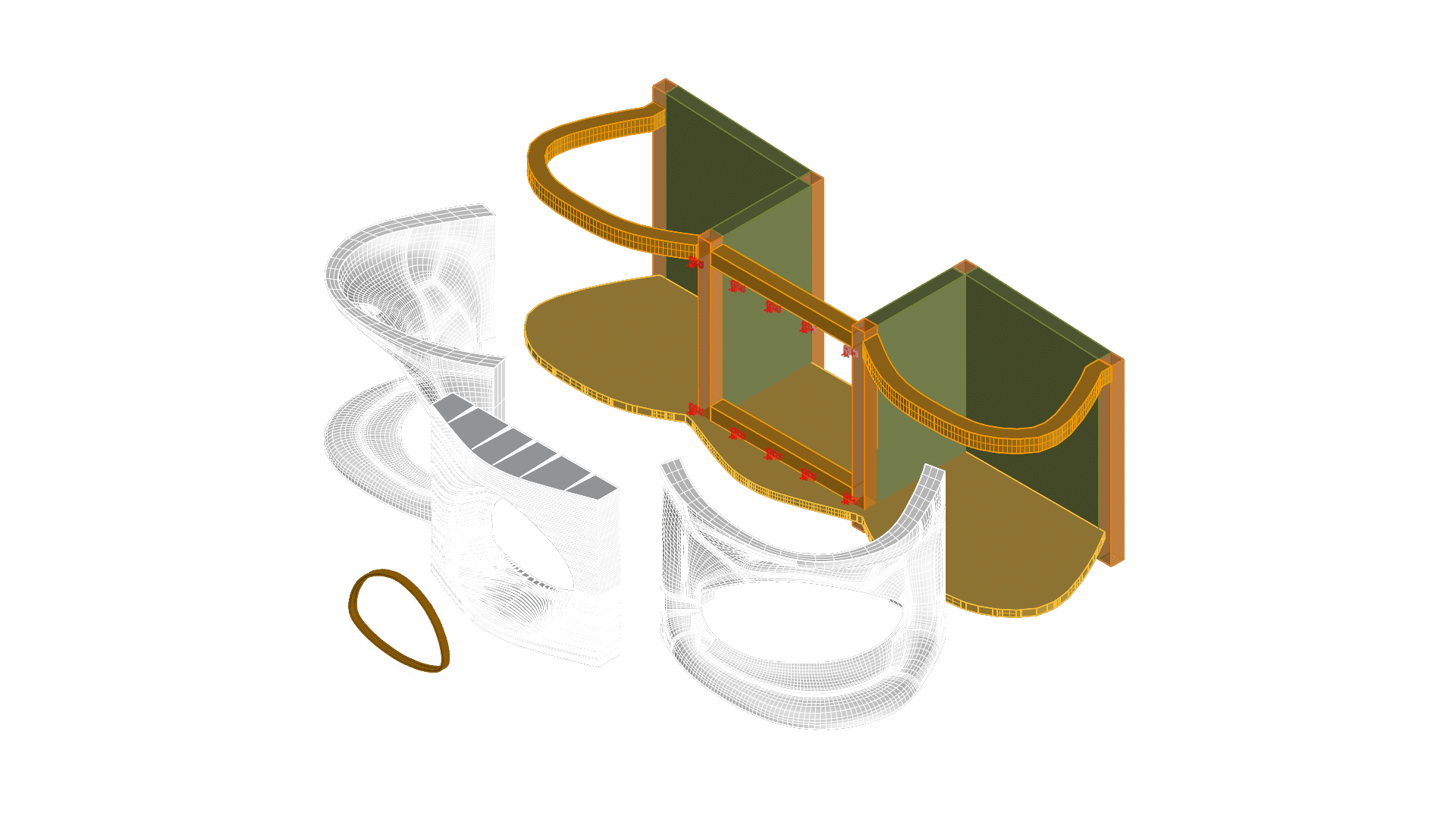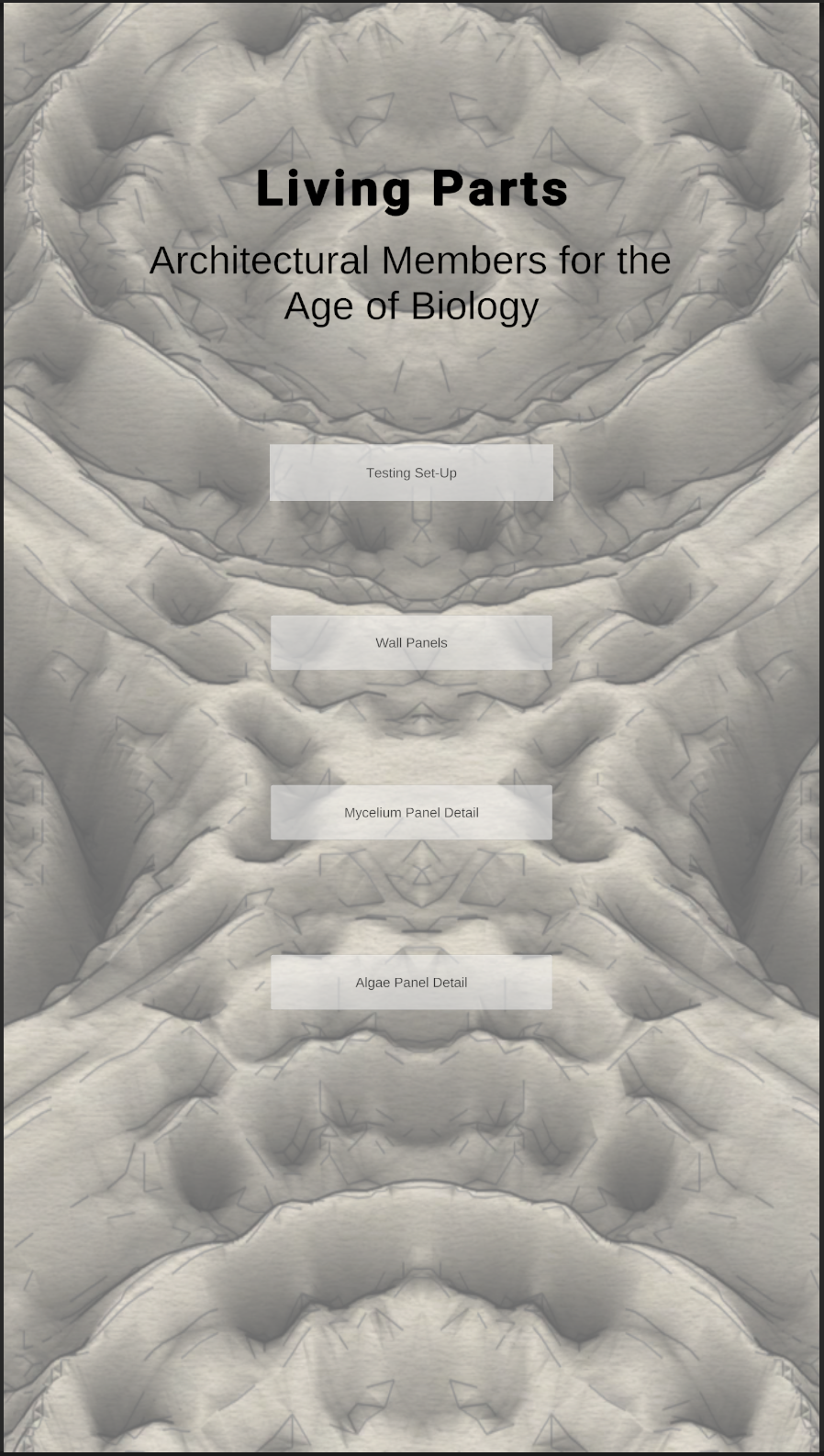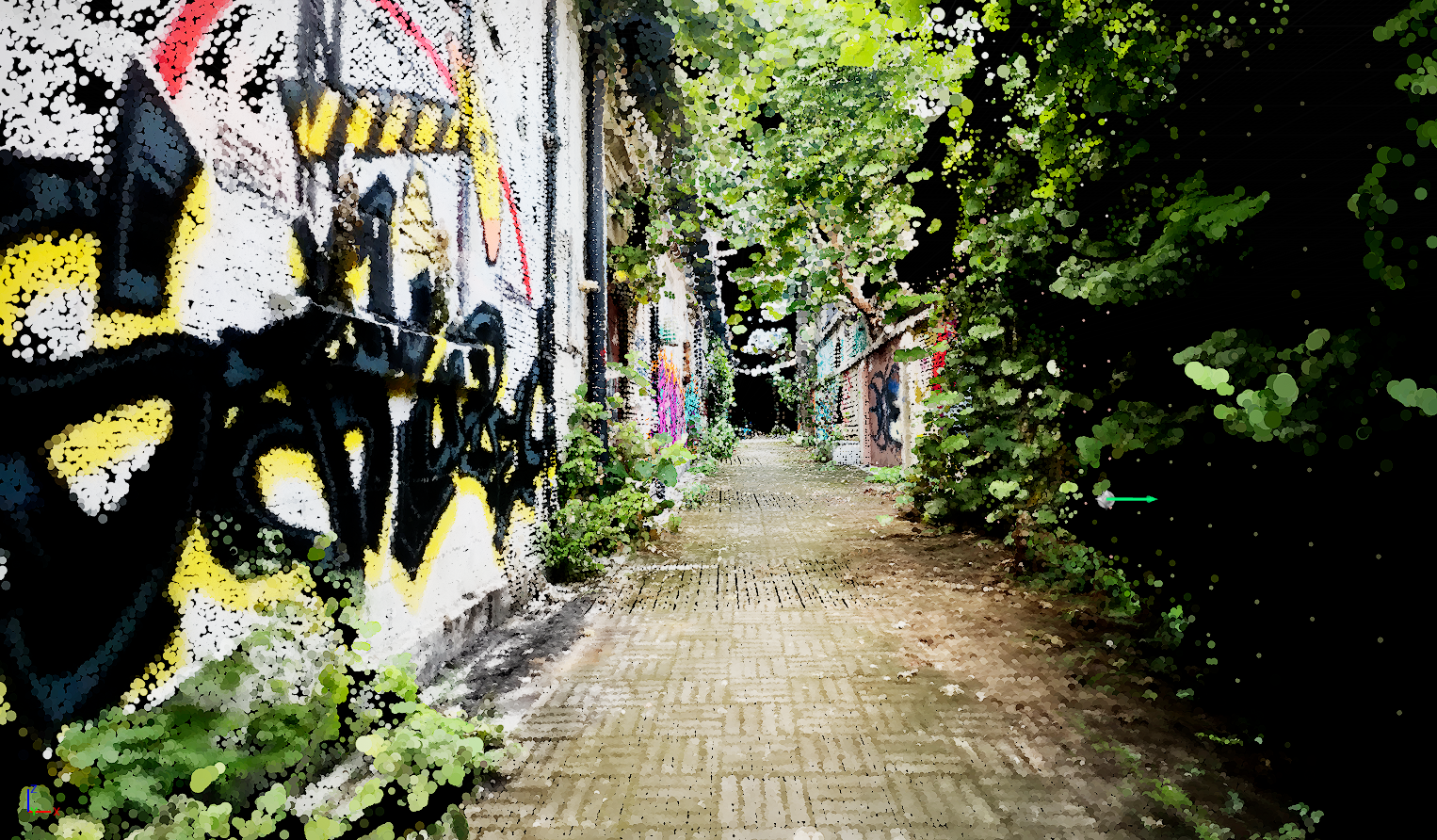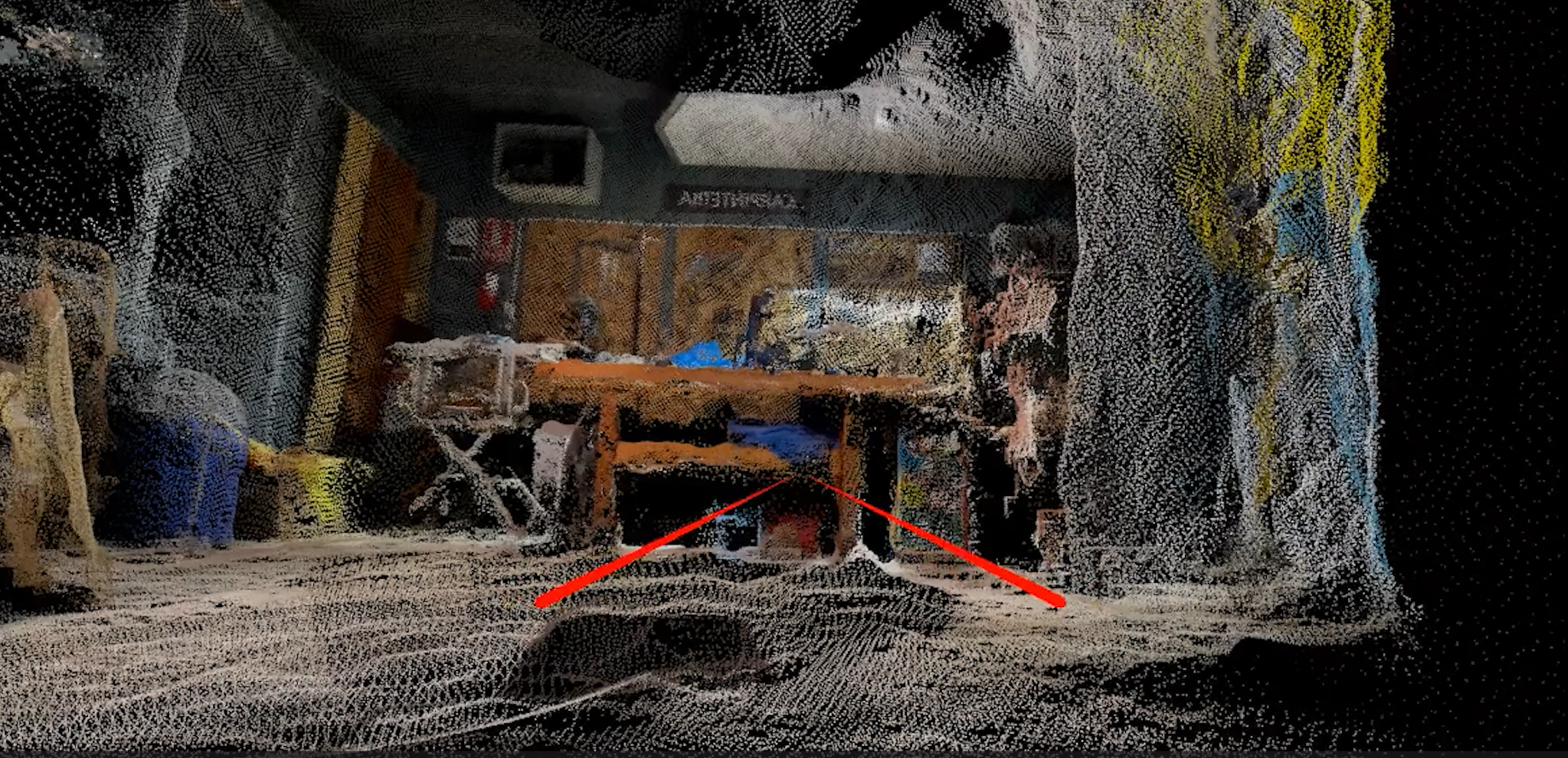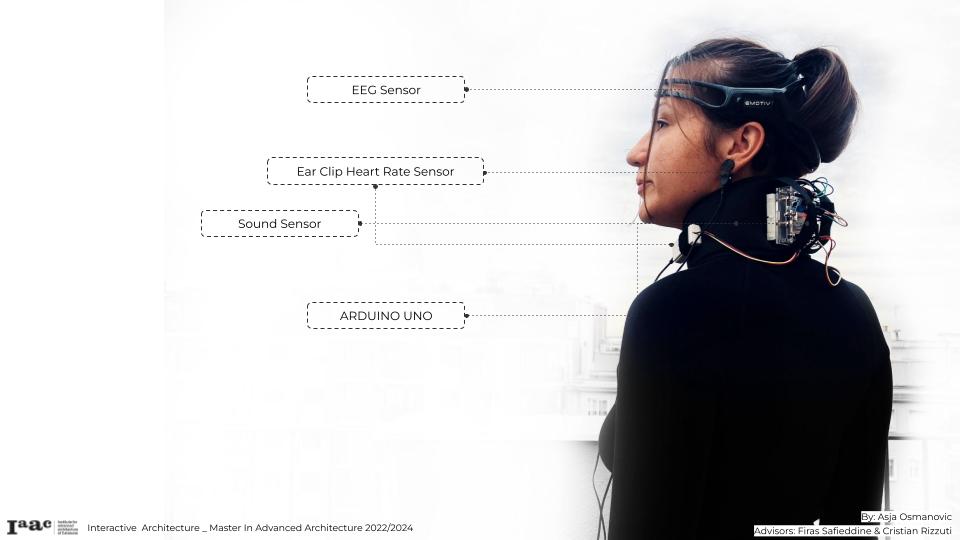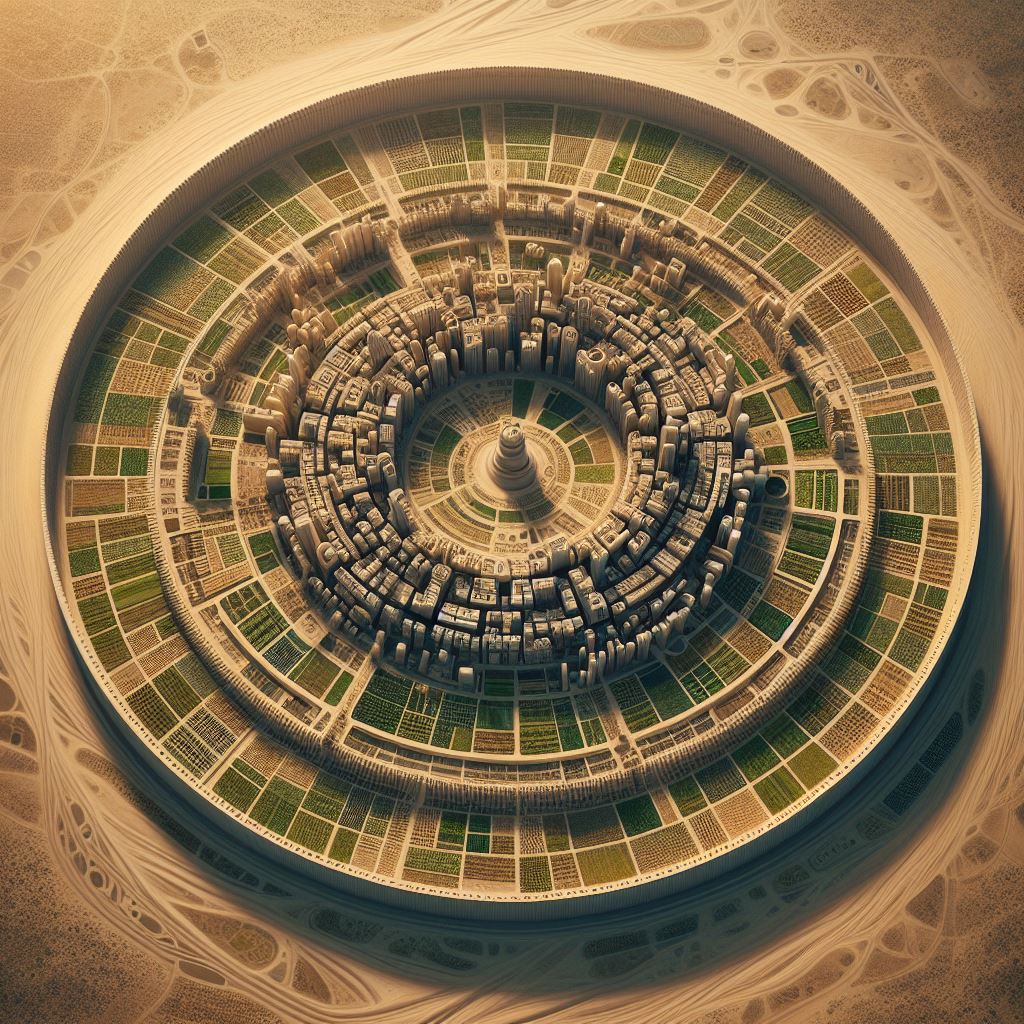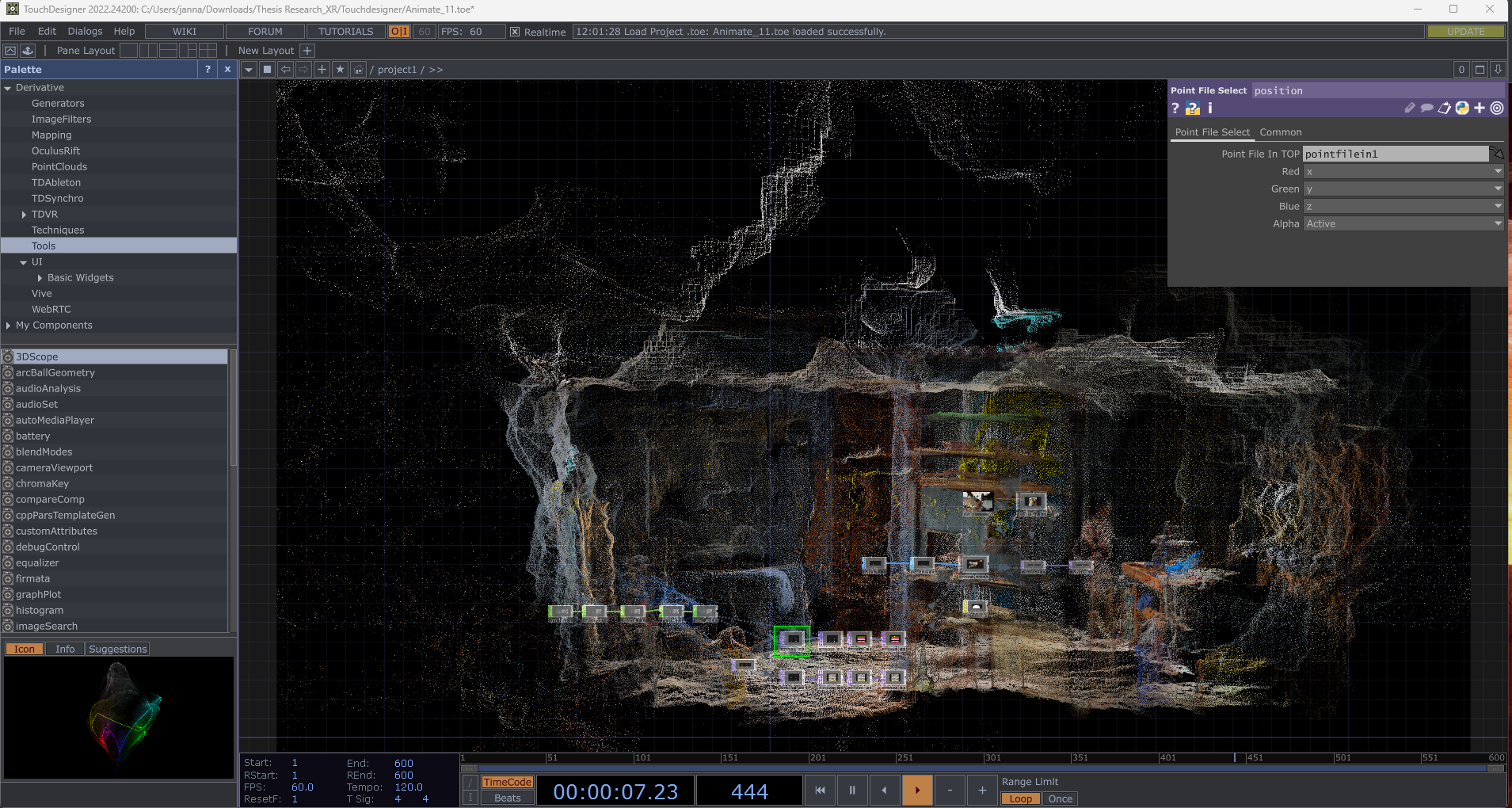ADAPTIVE ATMOSPHERE LAB
This project explores how light can respond to human emotions through biosignals. The main goal is to design an adaptive architectural space where lighting changes according to the user’s physiological data, such as EEG, ECG, and GSR. Instead of using light only for visibility, this research treats light as an empathic interface between the human … Read more

